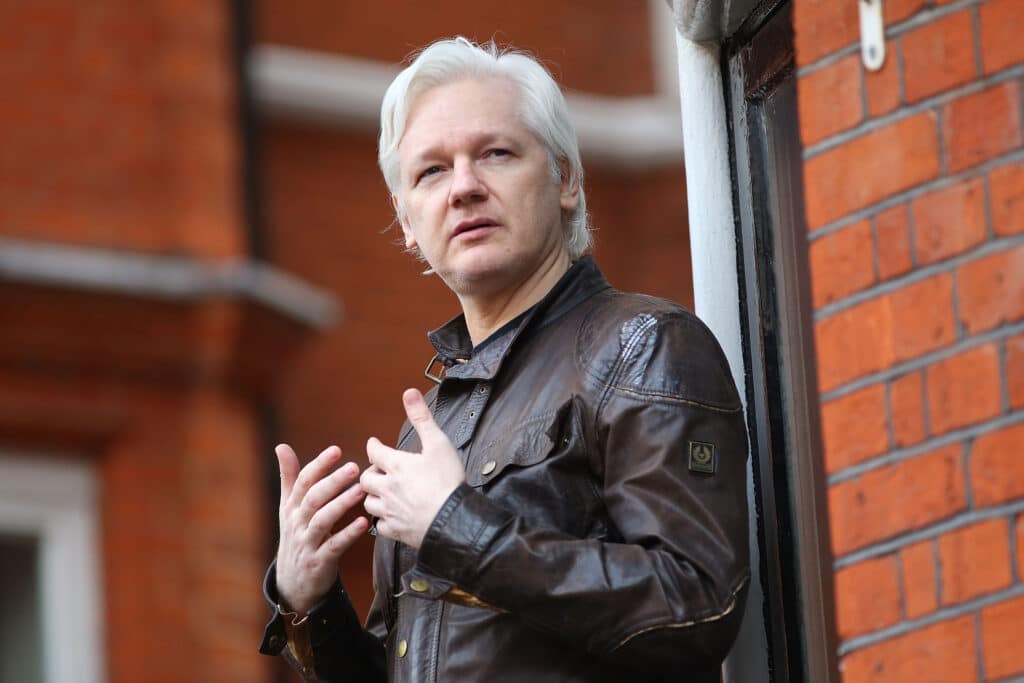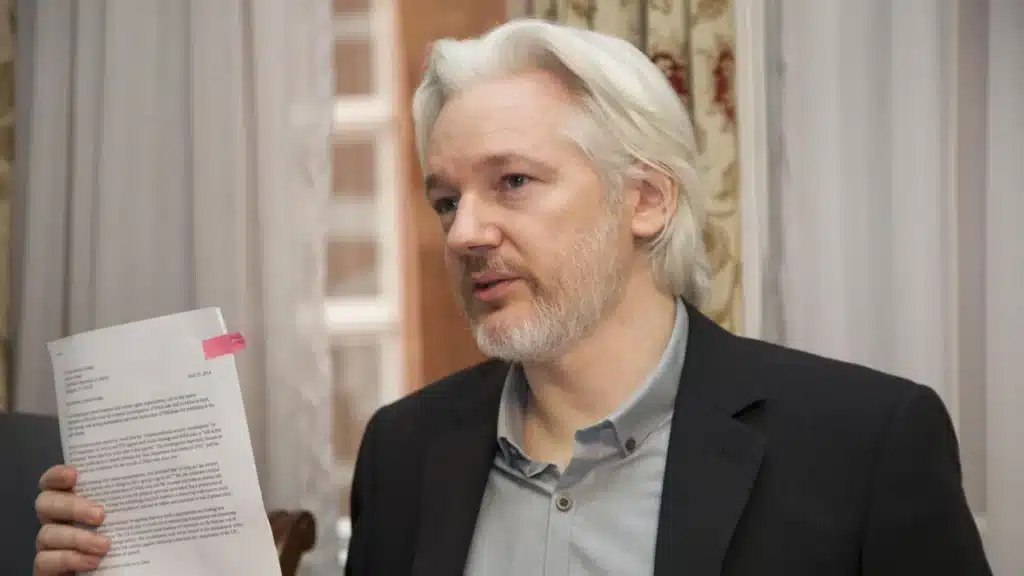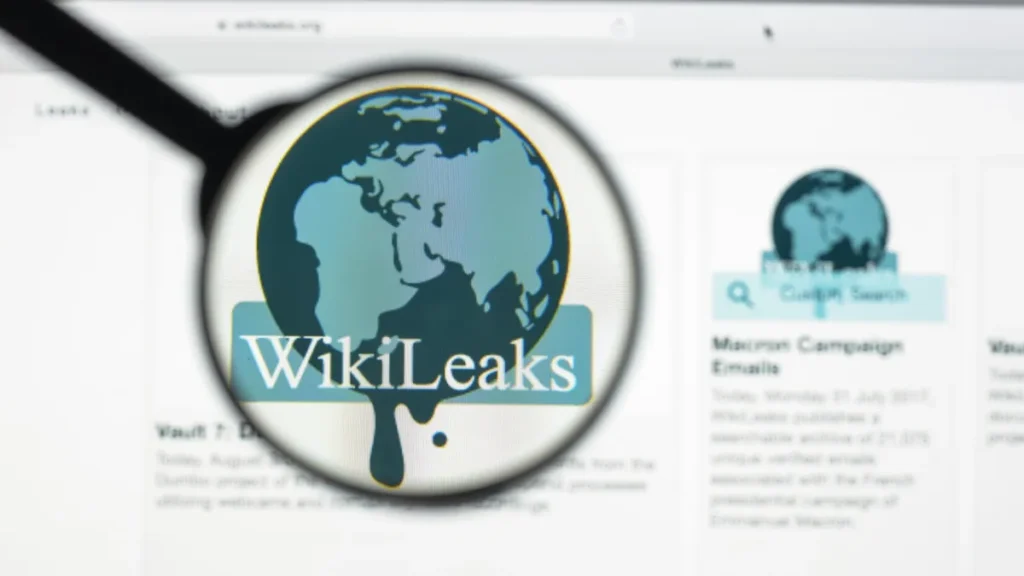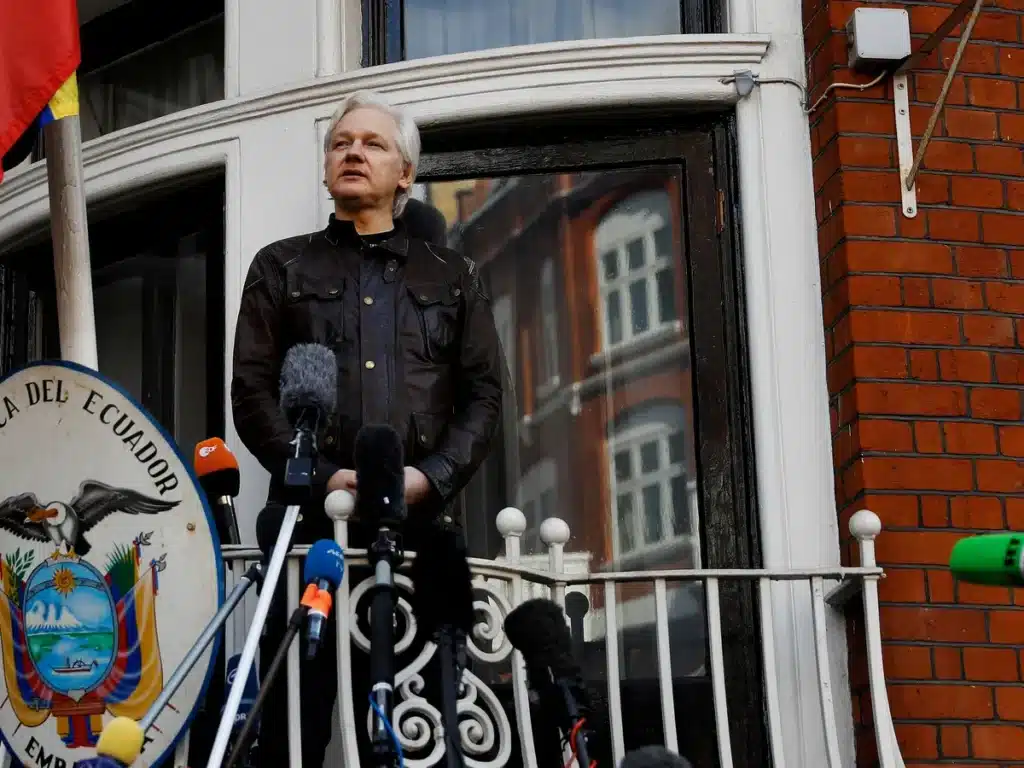Contents
Today, my tech-savvy friends, we embark on a journey to unravel the enigma that is Julian Assange and discover the actions that have thrust him into the global spotlight.
Who is Julian Assange?
Julian Assange, born on July 3, 1971, in Townsville, Australia, is an Australian journalist, computer programmer, and activist. He gained international prominence as the founder and editor-in-chief of WikiLeaks, an online platform dedicated to the anonymous leaking of classified information and government documents.
Assange’s background in computer programming and his passion for freedom of information converged to create a platform that would change the landscape of investigative journalism forever.
What Julian Assange Did?
Here’s a detailed explanation of what Julian Assange did that made him the most feared hacker and whistleblower in the world.
1. Founding WikiLeaks: A Digital Whistleblower
Julian Assange founded WikiLeaks in 2006 with the mission of providing a secure and anonymous platform for whistleblowers to expose corruption, human rights abuses, and other sensitive information. WikiLeaks quickly gained attention for its groundbreaking releases of classified documents from governments, corporations, and organizations worldwide.
One of the most significant leaks orchestrated by Assange and WikiLeaks was the release of classified U.S. military documents in 2010. This leak, known as the Iraq War Logs, exposed critical information about the war in Iraq, shedding light on civilian casualties, military misconduct, and other previously hidden aspects of the conflict. Similarly, the release of the Afghan War Diary and the Collateral Murder video further cemented Assange’s reputation as a whistleblower and a thorn in the side of governments worldwide.
2. Cablegate and the Diplomatic Cables Leak
In 2010, WikiLeaks, under the leadership of Julian Assange, released a massive trove of classified U.S. diplomatic cables known as Cablegate. These cables contained confidential communications between U.S. embassies and the State Department, revealing candid discussions on various global issues, diplomatic strategies, and sensitive information. The release of the cables sparked a global uproar and led to debates on government transparency, privacy, and the ethics of publishing classified information.
Assange’s role in disseminating classified information through Cablegate thrust him into the international spotlight. Supporters applauded his commitment to transparency and holding powerful entities accountable, while critics argued that his actions jeopardized national security and endangered lives.
The Fallout
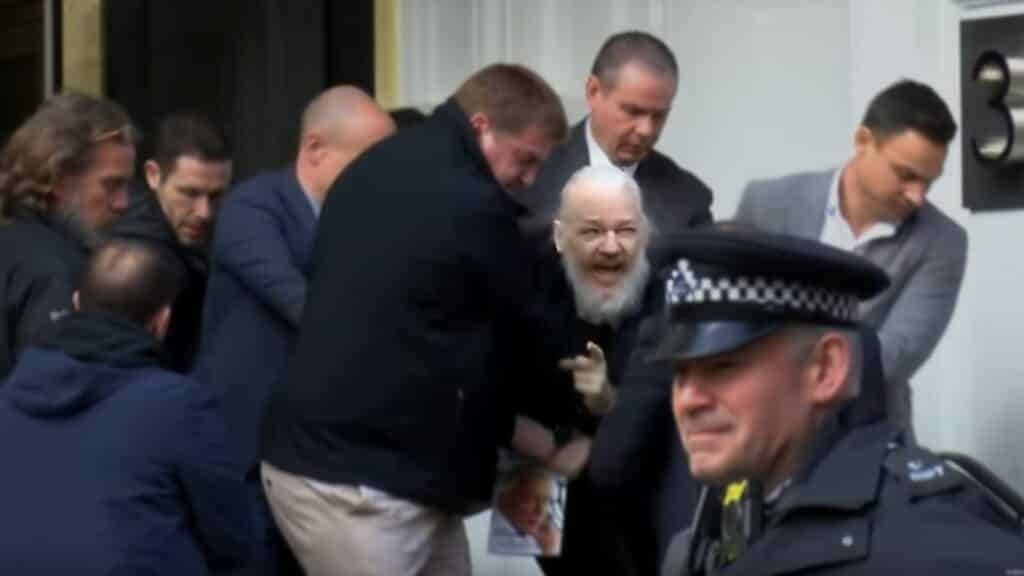
Julian Assange’s actions and the controversial nature of WikiLeaks have led to legal battles and extradition attempts. In 2010, Sweden issued an arrest warrant for Assange based on sexual assault allegations. Fearing extradition to the United States, where he could face charges related to his leaks, Assange sought asylum at the Ecuadorian Embassy in London in 2012.
Assange spent nearly seven years confined to the embassy, unable to leave without the risk of arrest. However, in April 2019, Ecuador revoked his asylum, leading to his arrest by British authorities. Since then, a protracted legal battle has unfolded, with the United States seeking Assange’s extradition on charges of espionage and conspiracy related to the leaks.
The Impact of Julian Assange and WikiLeaks
WikiLeaks challenged traditional notions of journalism, giving rise to a new era of citizen journalism and digital whistleblowing. Assange’s emphasis on transparency and the power of information sparked global conversations on government accountability, privacy, and the role of the media.
Assange’sactions have also generated intense controversy and divided public opinion. Supporters view him as a champion of free speech, exposing wrongdoing and holding powerful entities accountable. They argue that his leaks have shed light on hidden truths, empowered whistleblowers, and fueled public discourse on critical issues.
However, critics argue that Assange’s actions have compromised national security, endangered lives, and undermined diplomatic relationships. They believe that the indiscriminate release of classified information can have far-reaching consequences, potentially jeopardizing intelligence operations, diplomatic efforts, and individual safety.
The actions of Julian Assange and the prominence of WikiLeaks have raised significant questions about press freedom, government transparency, and the boundaries of journalistic practices. The legal battles surrounding Assange’s extradition have become a focal point for discussions on the rights of journalists, the public’s right to know, and the potential ramifications of prosecuting individuals for publishing classified information.
The Takeaway
Julian Assange, the man behind WikiLeaks, was a revered man in the world of journalism, transparency, and information disclosure. Through his actions and the platform he created, Assange has challenged the status quo, ignited global conversations, and prompted debates on government accountability and the ethics of publishing classified information.
While supporters hail Assange as a whistleblower and advocate for free speech, critics raise concerns about national security, privacy, and the potential consequences of indiscriminate leaks. Whether one views Julian Assange as a hero, a villain, or something in between, his influence on the digital landscape and the future of journalism cannot be denied.

